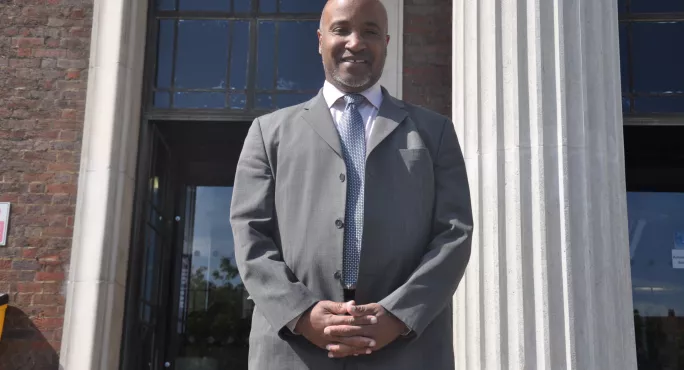‘Prevent: a catalyst for community cohesion?’

The recent election was indeed a surprise to many.
With Theresa May now back in the Home Office, there can be no doubt that a new Counter-Extremism Bill will be top of the agenda, placing British values at the heart of the new government’s approach to tackling extremism.
I have been involved in the education and community voluntary sector for over 25 years and can honestly say that I did not envisage having to discuss issues related to extremism, radicalisation and terrorism as part of normal business. However, these issues have now formed part of our common language within the education and training sectors and ones that have become all too familiar within the wider community also.
My recent work with the police and the Somali community in London has emphasised the level of concern from many community groups about how they are now perceived by both the media and the wider public - are they seen as part of the solution?
There continues to be an ongoing debate about what we define as British values and most importantly how colleges, and indeed governing bodies, respond to the new duties placed on them through the Prevent strategy. I suspect that very few of us can deny the fact that the political landscape has changed quite significantly over the last ten years; we are no longer untouched by political unrest in other parts of the globe.
With the threat from international terrorism currently classed as “substantial” and domestic extremism also posing a danger, our heightened awareness of where these threats may come from and what we can do to dissuade our young people from opting to go down these violent routes must clearly be important to the whole sector and the community. That being said, my view is that as places of learning, colleges are still very much focused on ensuring that our learners achieve their potential and that they are able to learn in a safe environment. Are we able to provide a safe place for debate and discussion on issues that may be somewhat contentious at times and yet being very clear about our expectations and articulating what we believe to be right or wrong within the college setting?
I would suggest addressing issues of extremism and radicalisation in relation to safeguarding is simply not going to be enough. Led by their governing bodies, colleges must surely see themselves as agents for progressive change, being very much central to their local community cohesion agenda. Understanding some of our process-driven responsibilities in terms of identifying risks, reviewing policies and procedures, identifying roots for sharing intelligence and ensuring we have a curriculum and support which reflects the needs of learners will be important. Let us not forget the additional level of scrutiny from Ofsted on how we are responding to our new duties.
There is a real need to understand the culture and faith of students in FE and the communities we serve, in order to appreciate different values and beliefs. Culture, religion and political beliefs help to shape our expectation and interactions with others. Misunderstandings can arise when there is discourse between the expected norms of an FE institution and that of learners and other communities.
Promoting cultural norms and institutional values and embracing the notion of British values will dispel myths, clarify agendas and instigate a joint approach to tackling and preventing extremism within FE institutions.
Paul Butler is chair of Waltham Forest College and a national leader of further education governance
Resources are available to help colleges implement the Prevent Duty at: http://www.preventforfeandtraining.org.uk/
Keep reading for just £1 per month
You've reached your limit of free articles this month. Subscribe for £1 per month for three months and get:
- Unlimited access to all Tes magazine content
- Exclusive subscriber-only stories
- Award-winning email newsletters